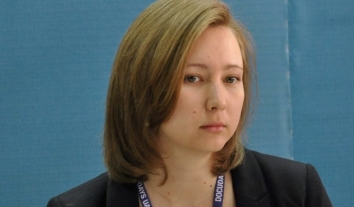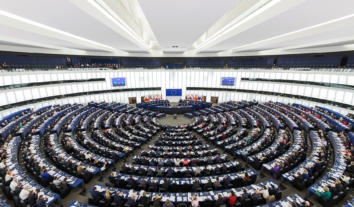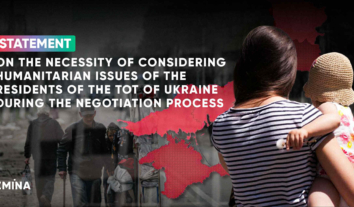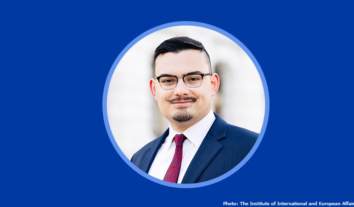Working in the occupied territories: what international humanitarian law says about it
Since the beginning of the full-scale invasion of Ukraine by the Russian Federation, the Verkhovna Rada has adopted a new article of the Criminal Code that criminalizes cooperation in various forms with the occupying authorities.
However, should all citizens cooperating with the occupiers be held criminally liable? An analysis of the verdicts in the Unified Register of Court Decisions shows that out of 1600 decisions, almost a third relate to public support of the occupier or holding positions unrelated to organizational and administrative activities. In particular, people worked as clerks, street workers, accountants, specialists of various departments, storekeepers, and drivers.
Noel Calhoun, Deputy Head of the UN Human Rights Monitoring Mission, spoke about international standards that should be applied to the temporarily occupied territories during the Docudays UA discussion, “Educators, doctors, and public utilities in the occupied territories—whom does Ukraine consider collaborators, and is it fair?”
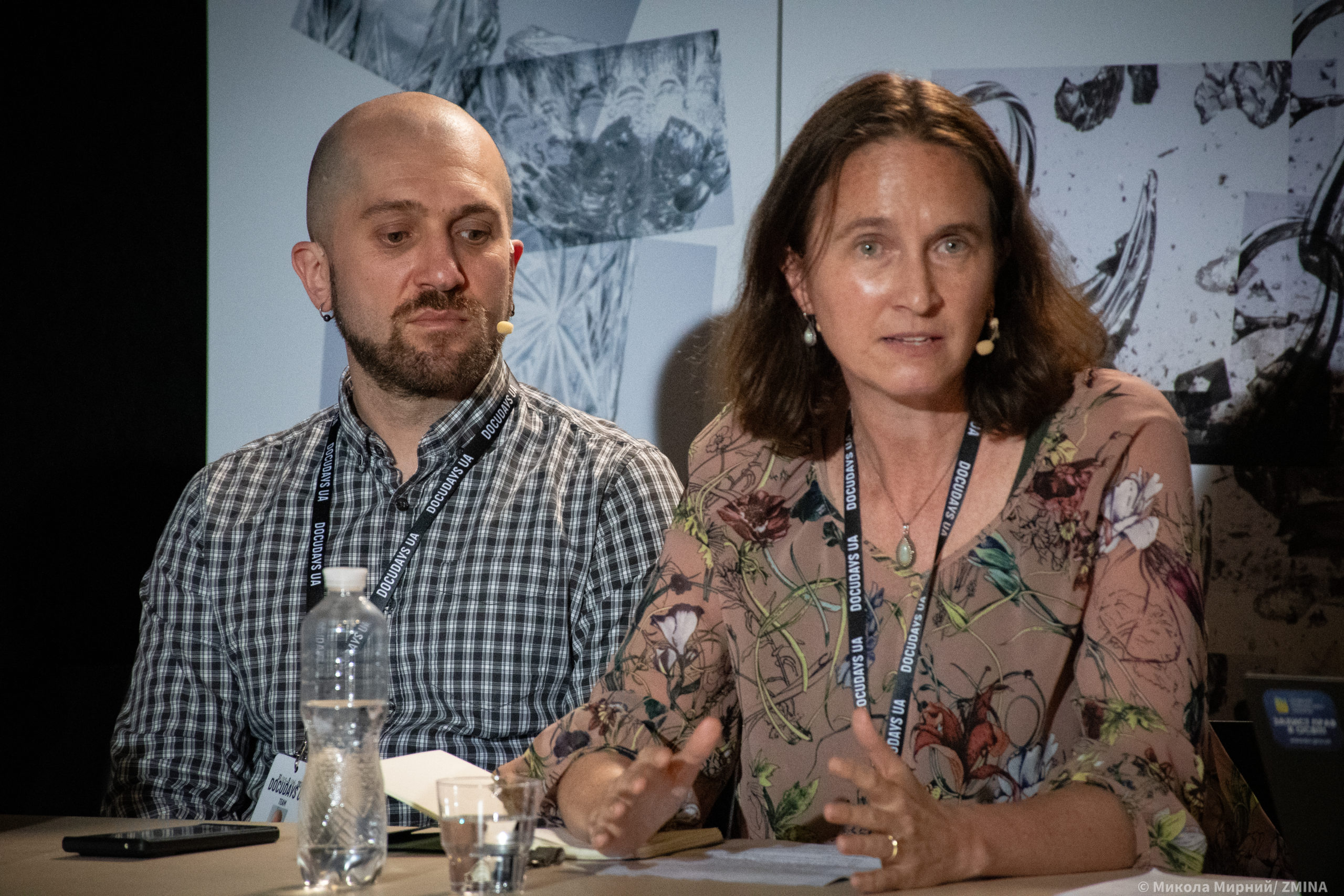
I would like to start with the theory of international humanitarian law, namely how it defines the issues of occupation and collaboration. International law has a large set of practical rules about what an occupation should look like.
These rules are based on the basic assumption and principle of international law that occupation is temporary. Thus, international humanitarian law aims to protect civilians during the occupation. According to international law, the occupying power must provide all the basic needs of the civilian population—food, water, education, health care, transportation, etc.
Since the occupying power has this responsibility to the civilian population, it also has the corresponding authority to compel people to perform the functions necessary to ensure the everyday life of the people.
It sounds strange, but the occupation authorities do have the right to force people to work, for example, in schools, hospitals, and other positions necessary for life support. Someone has to fulfill these functions for people’s everyday lives to continue during the occupation.
At the same time, the occupying country is prohibited from employing its citizens from its territory. In other words, the Russian authorities have no right to employ Russian citizens brought from the territory of the Russian Federation to work in hospitals and schools in the temporarily occupied territories. It would lead to population displacement and long-term demographic changes and would contradict the temporary nature of the occupation.
Among the important rules is that the occupying power must respect the existing laws and institutions of the occupied territory to the extent possible. It should avoid making far-reaching changes to the existing order of things. It cannot change the status of civil servants or judges in the occupied territory and should not force people to work if they refuse because of their personal beliefs.
For example, today in Palestine, schoolchildren are taught in Arabic and not according to the Israeli curriculum.
Such continuity protects the rights of people living in the occupied territories and facilitates their reintegration. For example, if the occupation continued to issue Ukrainian-style birth certificates, it would be good for the children born there. After all, the occupation is temporary, and these Ukrainian citizens will be reintegrated, so it will be easier for them to get a Ukrainian passport in the future, particularly for future education.
Suppose children continue to study under the Ukrainian curriculum, in the Ukrainian language, and receive Ukrainian certificates and diplomas during the occupation. In that case, there will be no problems with document recognition after the occupation. It is logical.
The second standard of international humanitarian law is that the occupying power must respect the loyalty of the residents of the temporarily occupied territories to their home country. This standard prohibits the occupying power from forcing the residents of the occupied territories to “swear allegiance to the enemy state,” as it is formulated in international law.
It means that it should not force people to change their citizenship, take an oath to the occupying power, or wear the symbols of the occupying country. This rule is extremely important because it protects people’s conscience, dignity, and loyalty.
However, the big problem is that the Russian Federation does not see itself as an occupying power or a state with obligations under international humanitarian law. It sees itself as a sovereign power after holding an illegal “referendum” and so-called “elections” and is putting pressure on people to obtain Russian passports.
In practice, the Russian Federation obliges all state employees, including teachers and healthcare workers, to obtain Russian passports, sign Russian employment contracts, and work under Russian laws in Russian institutions. This oath is partly enforced through detention, torture, or threats against individuals or their families. Given the atmosphere of fear in the occupied territories, many people comply.
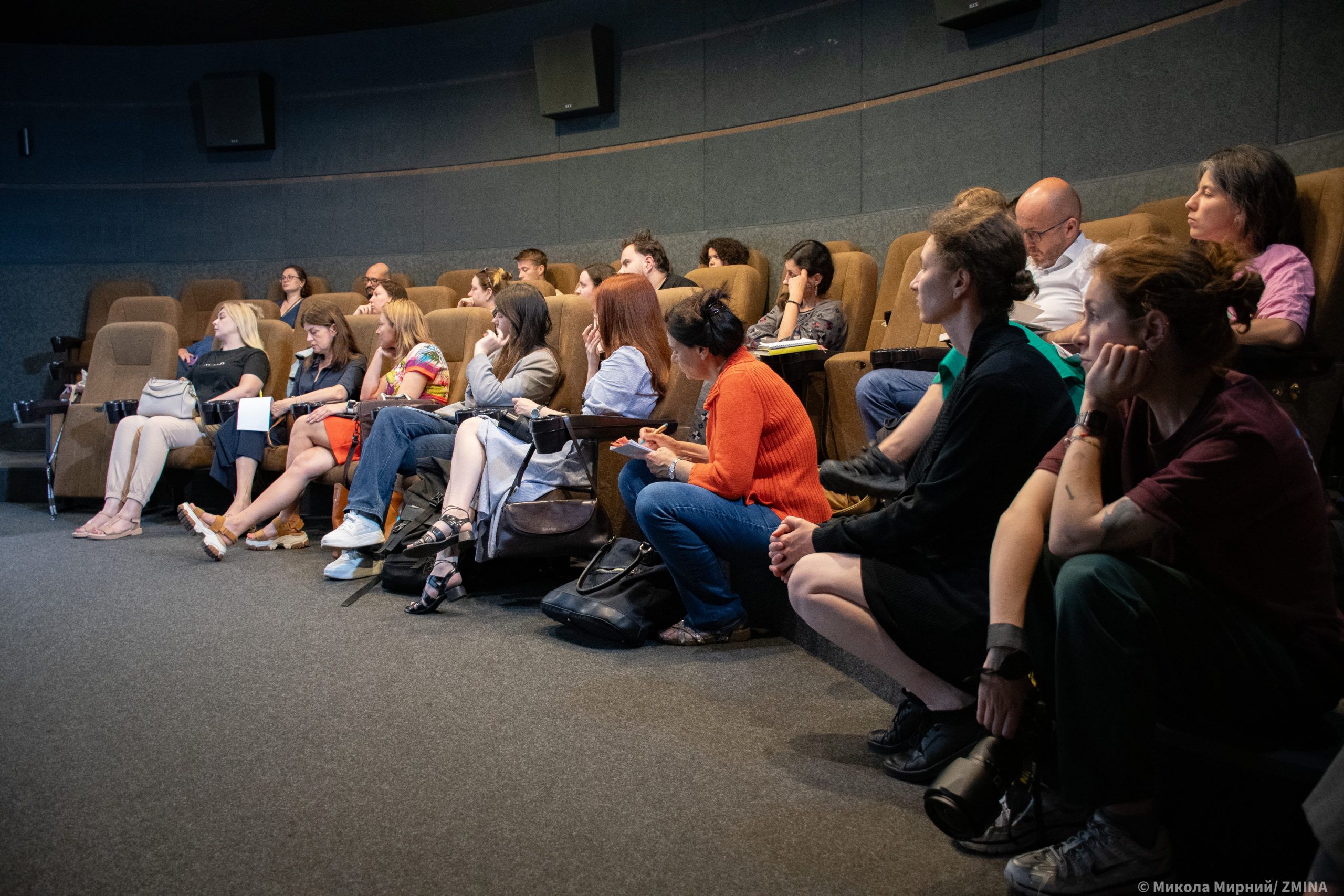
The question is, what are the implications for the issue of collaborationism here? After all, if, according to international law, it is acceptable for the occupying power to force people to work in the health and education sectors, it logically follows that national law should also consider it acceptable for such citizens to continue working in these positions. People should not be prosecuted for collaborationism simply because they do these jobs. However, it is a violation of international law for an occupying power to impose its systems and force people to swear allegiance.
It is one thing to force teachers to teach. But forcing them to teach according to the Russian curriculum, in the Russian language, sign an employment contract, and sing the anthem of the Russian Federation at the beginning of the school day is a violation.
Who should be held responsible for this: the occupying power, which unlawfully forced people to take the oath or civilians who swore allegiance to the Russian Federation partly because of violence or threats? Or did they swear because they had no choice and needed to keep their jobs and provide for their families?
Investigators, prosecutors, and officers of the Security Service of Ukraine are using the legislation on collaboration that currently exists in the country. The amendments to the Criminal Code of Ukraine were introduced a few days after the Russian Federation’s full-scale invasion of Ukraine in March 2022.
Legislation should be updated. A number of initiatives in the Verkhovna Rada aim to update the legislation to make it more in line with international standards. However, these bills are not moving forward.



